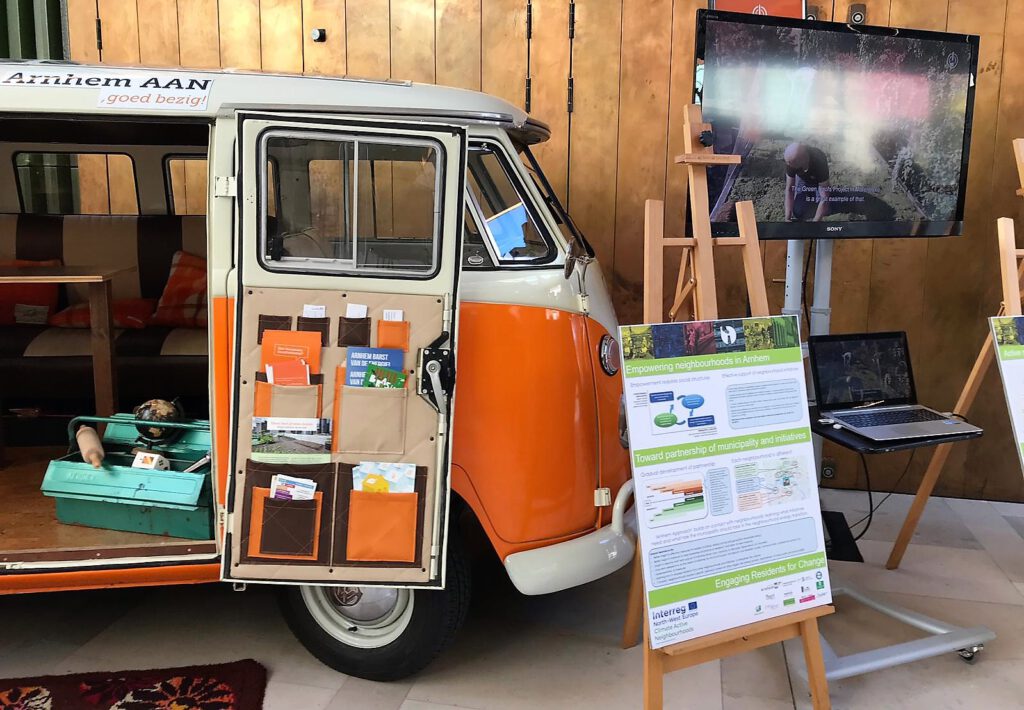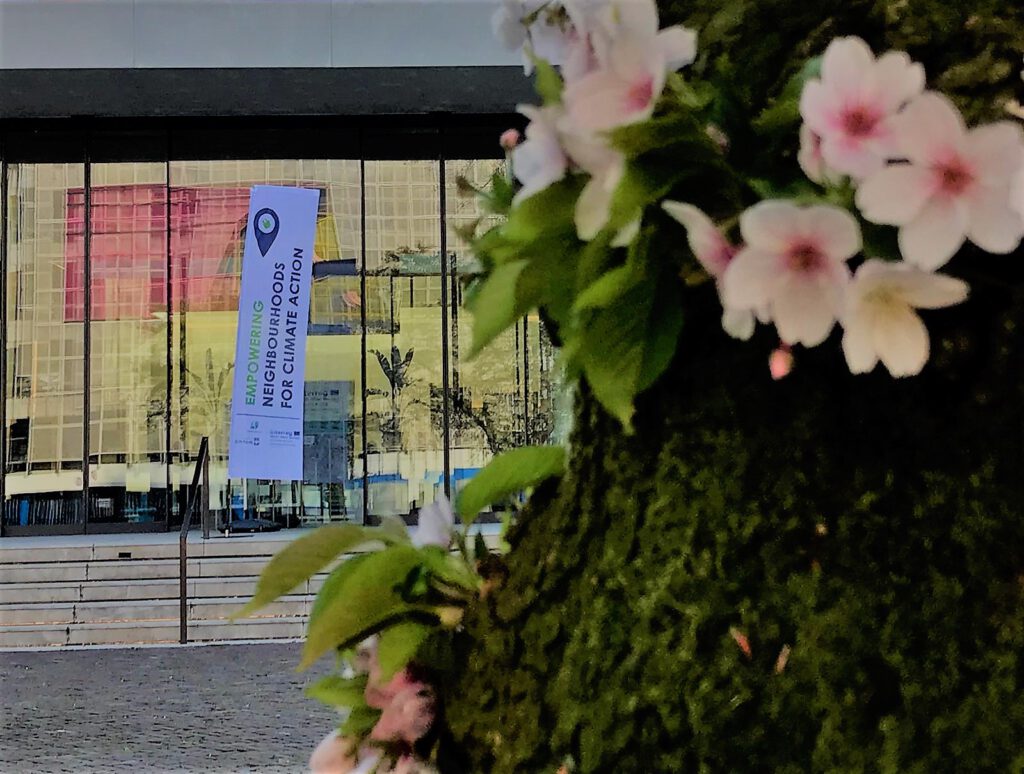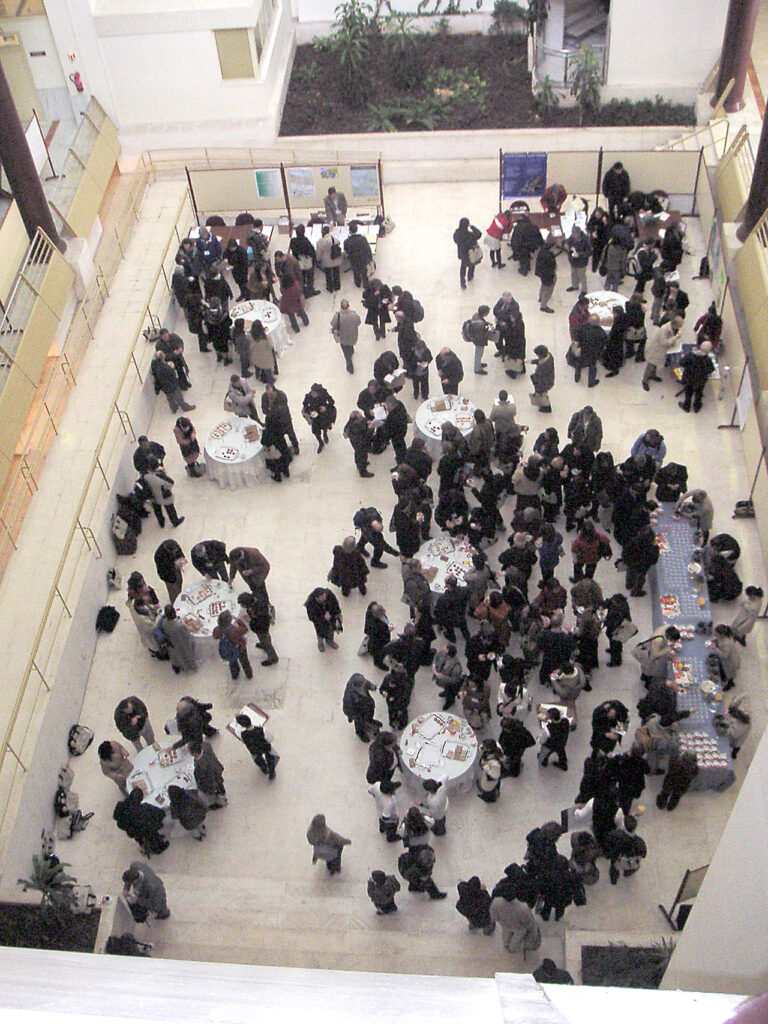History of Science Shops
History of Science Shops
1st wave in the 1970s - First Science Shops established in The Netherlands
The contemporary history of Science Shops in Europe was initiated by critical university staff and students in the Netherlands in the 1970s. Ideologically linked to the movement of 1968; their establishment coincided with the emergence of project-based education in universities, and was fed by an emerging environmental awareness in society. The approach had wide appeal, and within 10 years Science Shops had been established at all Dutch universities as a bureau of the institution, serving many scientific disciplines. Although the Science Shops professionalized further in the 1980s, they managed to maintain their original mission even in the changing 1990′s – albeit with some reorganisations.
More information about the history, success and failures of Science Shops initiatives can be found in Report 2 of the first EC funded project on Science Shops (SCIPAS).

2nd wave in the '80s - Environmental movements promote emergence of new science shops in Europe

In the 1980s, Science Shops evolved in Germany, France, Denmark and Belgium. These shops can be considered as by-products of alternative movements like “Bürgerinitiativen” (citizens’ initiatives) in Germany. The environmental movement of that time had a strong impact on these developments which were mainly based on collaborations with emerging university departments in environmental sciences. During the 1990s, a “revival” of the Science Shop idea can be identified which traces back to a change in the discourse about science and society. The ICT revolution has turned the tables in the relations between science and the public to such an extent that a call for a new social contract for science was first voiced.
3rd wave in the '90s - Institutions pursuing similar tasks were put up
During the 1990s Science Shops were initiated in Austria and the UK. The British initiatives, however, were launched by government agencies and the Nuffield Foundation. In Spain, the term “Science Shop” is rather unknown, but institutions pursuing similar tasks were put up more or less independently from one another.
4th wave Millenium - Science Shops are seen as important partners in (inter)national projects
Between 1995 and 2000 Science Shops were started in the Middle and East-European accession countries. Although this eventually failed in the Czech Republic, eight Science Shops had been successfully established in Romania. European funded cooperation projects such as PERARES were set up and advanced Science Shops in UK, Ireland, France, Greece, Norway, Italy, Cyprus, Estonia, and Israel. Feasibility studies, setting up provisional structures and advisory boards including CSO members led to pilot projects involving students and CSOs.
Science Shops now are recognised and welcomed partners in international, national and local projects and work cooperations. And still each new Science Shops can build on being mentored by staff from established Science Shops. Public Summer Schools for ‘beginners’ are periodically organised to enlarge the network of research bodies and strengthen local cooperation.
Although the literal translation of “Science Shop” may not sound “right” in all languages/situations in many countries use it (Wetenschapswinkel, Videnskabsbutikken, Wissenschaftsladen, Bazar de las Ciencias, Boutique des Sciences, etc.). Science Shops started to function as a brand, and the brand name is used to distinguish their specific approach of civil society – research interaction from other knowledge transfer or science communication activities. Anyway, Science Shop activities can also be just a part of an institutes work, next to e.g. funded research, commercial knowledge transfer, etc.

From local to global

With the financial support of the European Commission, the Science Shops have managed to organise themselves Europe-wide into a global network called Living Knowledge. Online information, training material, empirical reports, meetings and conferences have been developed or organised. The Living Knowledge network is open for all organisations that are interested in community based research and the concept of Science Shops.
Science Shops at the European level
The European Commission (EC), which initiates and implements EU policies and spends EU funds, has been an important factor behind the international interest and progress of the Science Shop movement. The EC has financed two studies on Science Shops (SCIPAS and InterActs) and financed a project on “Improving Science Shop Networking (ISSNET)”. In the TRAMS project (Training and Mentoring of Science Shops) the development of new Science Shops was actively supported.
The four years project PERARES (Public Engagement in Research and Researchers Engaging with Society) received funding from the European Community’s 7th Framework Programme from 2010 to 2014. The project aimed to strengthen public engagement in research (PER) by involving researchers and Civil Society Organisations (CSOs) in the formulation of research agendas and the research process.
In 2015, the Enhancing Responsible Research and Innovation through Curricula in Higher Education (EnRRICH) project has started. The project is funded by the European Union’s Horizon 2020 research and innovation programme.

SwafS - Science with and for Society
In 2001, the «Science and Society» Action Plan was launched to set out a common strategy to better connect science and citizens. In 2007, under the 7th Framework Programme for Research and Technological Development (FP7), «Science and Society» became «Science in Society (SiS)» with the main objective to foster public engagement and a sustained two-way dialogue between science and civil society. This effort is pursued under ‘Science with and for Society’ (SwafS) of Horizon 2020. Since 2010 the focus of SiS has been to develop to a framework for Responsible Research and Innovation (RRI). The ‘Science with and for Society’ programme is instrumental in addressing the European societal challenges, building capacities and developing innovative ways of connecting science to society. (Source: http://bit.ly/1l09GbU ) The SwafS activities and calls acknowledge that Science Shops will serve to demonstrate how students and researchers can assist communities in tackling real life problems or exploring opportunities for sustainable futures as in most cases, research questions will be derived by community partners. It is recognized that Science Shops provide an inclusive and safe space for participatory dialogue, citizen science and co-creation with a variety of actors, including civil society, public authorities, SME, designers and innovators. Certain support mechanisms aim at creating opportunities for twinning, whereby well-established science shops shall provide guidance to universities keen on setting up new Science Shops.
Science Shops and RRI
Great challenges such as energy, climate, food security, transport, health, or ageing of population lay ahead of us all. The European Commission has put forward the notion of “Responsible Research and Innovation”, or RRI, to simultaneously address both these society’s grand challenges and shortcomings existing in research and innovation practices. For instance, those often fail to address societal needs, leave open implementation gaps, or spur controversy. This is where Science Shops can step in.
A Responsible Research and Innovation process wants to mobilise actors from society, research, industry, policy and education to take up new and alternative forms of knowledge, thus enhancing the knowledge-base and understanding of systems, processes, as well as the consideration of possible impacts. This will enable a people-centred design where human values are better embedded in the R&I design process and it builds capabilities in citizens and CSOs as active agents for shaping the future of society and developing solutions for the grand societal challenges.
To shape an innovation-friendly culture and enable easier access to, and input for society, to scientific results RRI can be seen as an evolving concept. Its future design and level of implementation will depend on the will and transformative capacities of the different actors of the research and innovation systems that adopt RRI as a guiding vision. Society’s participation in developing research issues, in the research process itself and in the debate about and implementation of its findings are important factors determining the success of the transformation process towards a sustainable future.
In this context Science Shops can be seen as valuable and experienced actors to bridge the gap between research and society and mediate mutual learning and cooperation processes.
